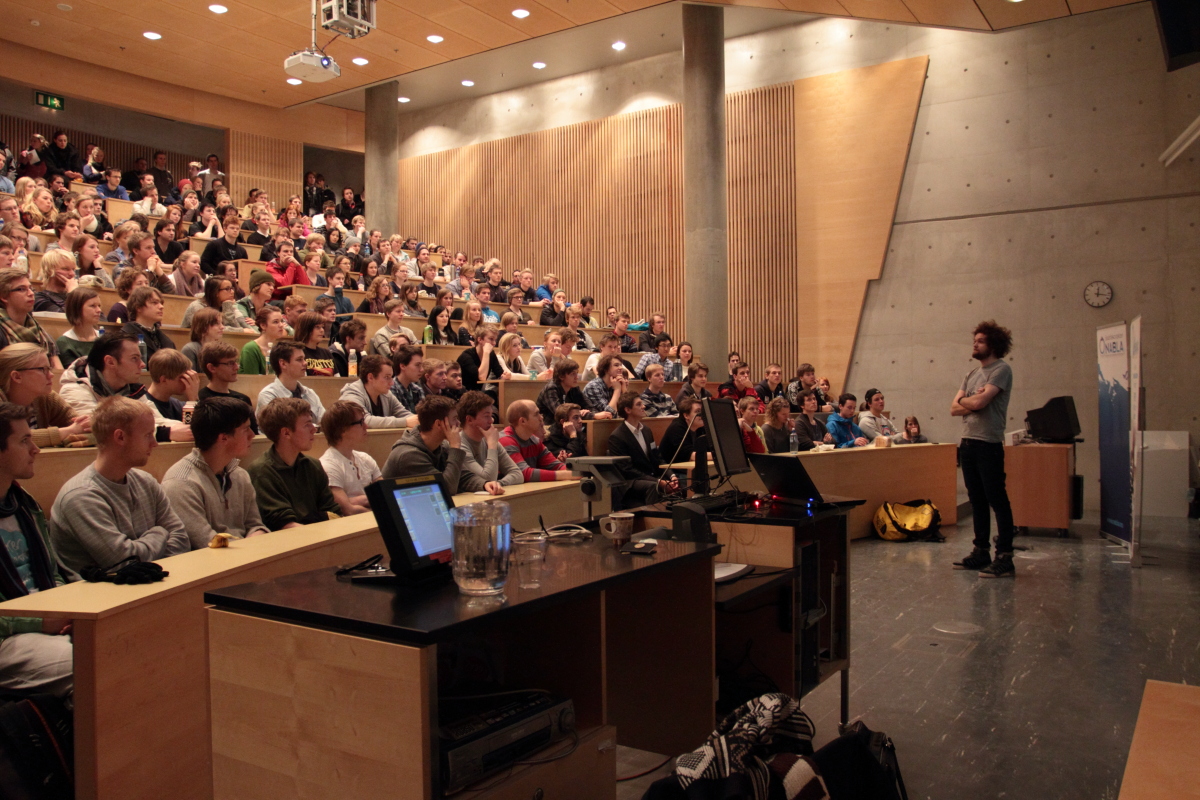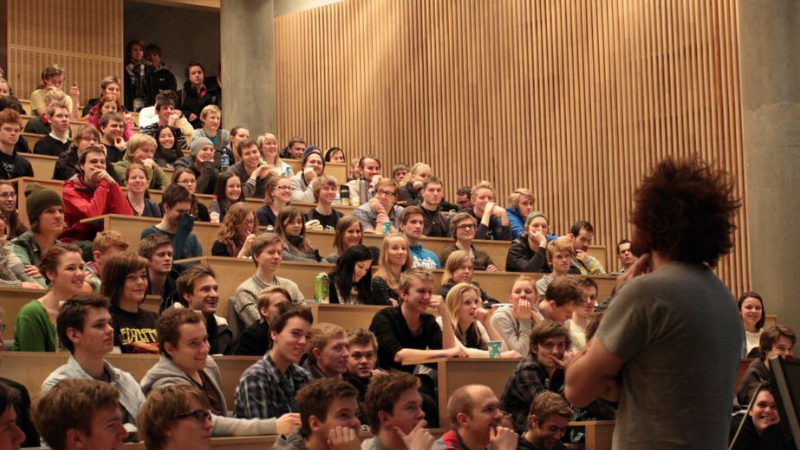Dr. Jo Røislien: Publishing to bring mankind one step further
Interview with Dr. Jo Røislien
Dr. Jo Røislien, a famous Norwegian science communicator, researcher, and author with a PhD in geostatistics from the Dept. of Petroleum Engineering and Applied Geophysics Associate Professor, shares his view on the nature of data in biostatistics, the challenges in research and publishing, and offers advice to authors from the perspective of a peer reviewer.

Dr. Jo Røislien is a famous international science communicator who reaches a wide audience by appearing regularly on radio, television, and the printed press. He delivers lectures on the communication of complex topics, knowledge dissemination, and his own research. He is a Norwegian mathematician, biostatistician, and researcher in medicine and holds a PhD in geostatistics from the Department of Petroleum Engineering and Applied Geophysics at Norwegian University of Science and Technology (NTNU). Currently, he is an Associate Professor at the Department of Health Sciences, University of Stavanger, with additional posts in the Department of Biostatistics and the Center for Addiction Research at the University of Oslo. For his full bio in which titles of his productions are also listed, please see the first part of his interview.
Earlier, in the first two posted segments of this interview, Dr. Røislien provided meaningful insight about the issues with data and statistical analysis as well as some fundamental concepts scholars must bear in mind to support valuable research. Here, in the last segment, Røislien shares with us a couple of his favorite research tools and helpful advice from his perspective as a peer reviewer.
What are some of your favorite research tools?
I am a sworn R user. Nothing fancy. I grew up with a computer running MS-DOS in my parents’ living room, and my mum insisted I take programming classes at junior high. When I was a student, music programming was in its infancy, so we had to custom build computers from the ground up so that they could be used for making and recording music. So, yeah, I know my way around computers. I code mostly in R, but also C++, Matlab and so on if needed. I have tried other software, other tools, but I always gravitate back to coding in R. Also now I know the program so well, that it gives a flexibility I haven’t found other tools can match.
My best tool, though, is not physical, but mental. It is my curiosity. About everything. I am not afraid of answering different questions than I should be, to go looking in whatever direction tickles my fancy. The result is that I often come up with new and imaginative ideas and solutions for the problems I work on. I was working on a problem once, and asked a colleague about his thoughts on my idea for an alternative approach than the standard one, to which he shook his head “You never seem to take the easy path, Jo.” I took it as a compliment. But I don’t think he meant it as one.
A lot of the standard methodological tools can solve a myriad of problems. I do, however, tend to be more interested in the problems the standard methods cannot solve, or problems where I get the feel that new or improved methods might utilize the data even better. And no tool can fix that for you. The tool for thinking sits between your ears, waiting eagerly for you to feed it with a mental mountain to climb.


Dr. Jo Røislien lecturing for maths and physics students at NTNU during a study program. The lecture focused on the communication of statistics and probability to the general audience (which scientist tend to struggle with). Image courtesy of NTNU.
What words of advice would you give to a researcher of science with an aim to publish in a peer reviewed international journal?
To me a key word is ‘respect’. Peer review means that some of your peers, generally someone you do not know in person, is spending their time reading through your paper to see whether it merits publication, rather than spending time on their own research. Make sure that it is worthwhile.
The paper doesn’t need to be perfect, it can never be, but as a referee I want to feel that you have really tried. And it can be just the little things. Don’t use the referee as a proof reader. Read the aims of the journal, and make sure your paper actually fits those aims. Respect my time as a referee. I am not reading the paper for me. I am reading it for you.
We do not publish to publish. To get our name on print. If that is important to you, start a blog. We publish because we have something to say. Because we honestly believe that our work is bringing mankind one step further. That we are adding a proper new brick to The Castle of Knowledge.
Thank you, Dr. Røislien.
This interview series was conducted by Alagi Patel.
Published on: Jan 30, 2015
Comments
You're looking to give wings to your academic career and publication journey. We like that!
Why don't we give you complete access! Create a free account and get unlimited access to all resources & a vibrant researcher community.













